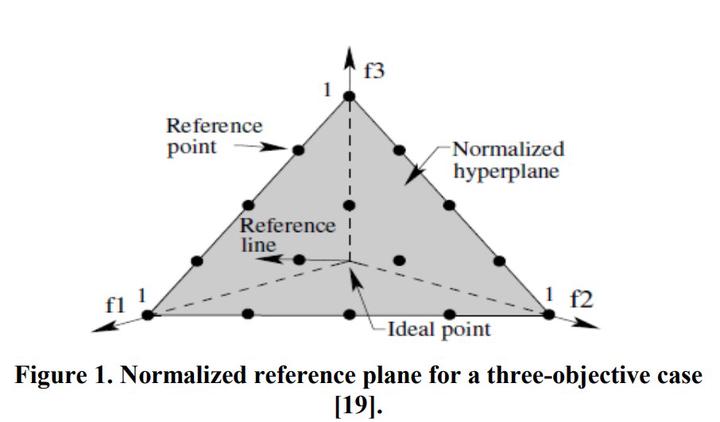High dimensional search-based software engineering: finding tradeoffs among 15 objectives for automating software refactoring using NSGA-III

Abstract
There is a growing need for scalable search-based software engineering approaches that address software engineering problems where a large number of objectives are to be optimized. Software refactoring is one of these problems where a refactoring sequence is sought that optimizes several software metrics. Most of the existing refactoring work uses a large set of quality metrics to evaluate the software design after applying refactoring operations, but current search-based software engineering approaches are limited to using a maximum of five metrics. We propose for the first time a scalable search-based software engineering approach based on a newly proposed evolutionary optimization method NSGA-III where there are 15 different objectives to be optimized. In our approach, automated refactoring solutions are evaluated using a set of 15 distinct quality metrics. We evaluated this approach on seven large open source systems and found that, on average, more than 92% of code smells were corrected. Statistical analysis of our experiments over 31 runs shows that NSGA-III performed significantly better than two other many-objective techniques (IBEA and MOEA/D), a multiobjective algorithm (NSGA-II) and two mono-objective approaches, hence demonstrating that our NSGA-III approach represents the new state of the art in fully-automated refactoring.